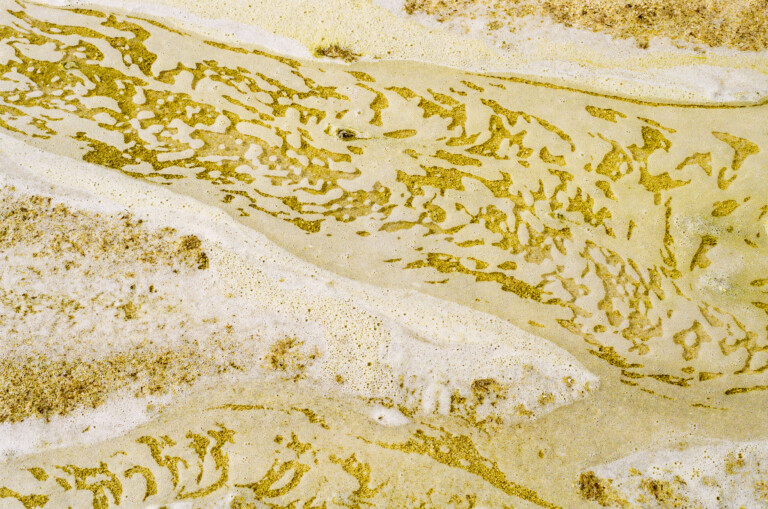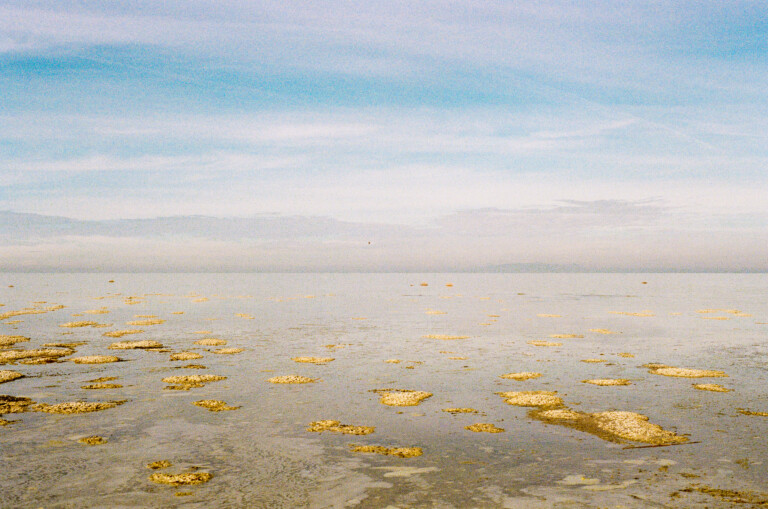Another week under our belts in the Utah Legislature and we’ve got to say—it’s tough out here for those of us who believe the best options for our water future all start with conservation. The good news is – light or not – we see the end of the tunnel as the session comes to close the first week of March.
A Generational Mistake?
The bill to create a Utah “Water Agent” and a “Coordinating Council” to help fast-track funding for water projects is not as bad as it once was thanks to a few amendments. But there are still major concerns about transparency, accountability, and the state’s desire to take water from other states. The “Generational Water Infrastructure Amendments” sailed through the Senate last week and passed through a House committee this week –– with final House floor passage expected soon. This isn’t an existential crisis. But it is a step toward greater consolidation of power and a pivot away from representative water governance.
Provisions still exempt one of the bill’s principal creations, the Water Development Coordinating Council, from state transparency laws for government bodies and from government audits. One concern about the council is its ability to serve as a force to bolster support for dangerous augmentation projects. So why would anyone want pesky little provisions to ensure the public knows what’s happening? The bill’s other major creation, the Water Agent, is still exempt from public records laws –– despite its explicit role in ginning up water importation projects in other states.
Bill amendments since its introduction include language that the Water Agent and Water District Development council are “advisory” and do not have policy authority, but this is purely symbolic. Sen. President Adams did acknowledge that any recommendations from the Water agent will face the dual challenge of going through both the Utah legislature, and that of whichever state might possibly be willing to strike a deal to export their water – no doubt a difficult and lengthy process – but the spirit of the bill is cause enough for concern.
Utah is not ready to consider conservation with the same energy and attention lawmakers give to augmentation and importation schemes. This has been the overarching and disappointing theme of the 2024 session.
The Bare Bones Conservation Bill
A common refrain we’re hearing from Utah’s augmentation champions is that conservation and augmentation aren’t mutually exclusive. Sure, but let’s be honest about the investments both energetically and financially into conservation. Doug Owens’ HB 11, a largely symbolic bill to mandate bare-minimum conservation measures for new government construction and perhaps the most conservation-forward legislation this session, is finally on its way to enrollment after amendments to remove any mention of “turf” in the bill. It instead, at the turf industry’s request, limits “overhead spray irrigation” – the only means of watering turf – by certain government entities in the Great Salt Lake Basin. The bill is so weak it even gives golf courses a pass.
The task ahead for Utah’s water activists will be to get serious and specific about conservation measures the state can take and begin working with amenable lawmakers during this year’s interim.
Appropriations for Cove Reservoir and Beaver County Study
We’ve worked hard to lobby the Executive Appropriations Committee (EAC) to stop a Cedar City Pipeline study and block funding for Cove Reservoir, a dam on an important Colorado River tributary. Lawmakers have signaled that the proposals are not a high priority. But you never know. One thing in our favor: Word on the street is that the legislature’s overall budget will be cut by ~10% this year. It’s now a waiting game until the EAC releases its final rankings early next week.

HB 453
The Great Salt Lake’s best hope at strengthening laws to rein in industries like Lithium and other mining is getting close to Governor Cox’s desk. Rep. Casey Snider’s HB 453 “Great Salt Lake Amendments” awaits an imminent final vote in the Senate. Although gutted of its more progressive protections for Great Salt Lake, HB 453 still signals a desire from Utah’s lawmakers to ensure that mining operations are limiting conflict with each other and the lake.
After removing provisions that would have given the state broader discretion to turn off the taps when companies harm GSL, the bill does put in place bolstered emergency measures to manage salinity and requires state officials and companies to better account for every drop of water in the lake. The bill also increases severance taxes on mineral companies threefold – from 2.6% to 7.8% — to ensure that Utah is making its fair share of income on extraction.
The first draft was better. And, despite defanging some of the bill’s sharpest teeth, this is the best we will get this session.
New Bills
Sen. Curt Bramble has introduced SB 270 Utah Lake and Great Salt Lake Study, which is awaiting a senate committee hearing. This bill would allocate $1.5 million towards a comprehensive study of Utah Lake conservation and preservation, including an exploration of how the state could improve water supply delivered from Utah Lake to GSL.
Rep. Ward’s HB 448 asks the Division of Water Resources to collaborate with state agencies to quantify and monitor state legislative water optimization efforts, including water banking, and report their findings annually.
HB 280
Rep. Snider’s HB 280 has been significantly gutted since the first iterations would have let water providers charge higher fees, impose new taxes and limit accountability mechanisms for ratepayers and taxpayers. After major amendments, the bill commissions two studies: one to examine how to integrate existing pots of money into infrastructure planning and another to study how Utah will pay for future infrastructure moving forward
However, one provision opens doors for private companies and/or individuals to fund public water projects. The bill is nebulous on how the state would inform its people about contributions from wealthy businesses looking to bankroll water projects.
Most importantly, once again, this bill signals lawmakers’ vote for building new water projects –– with little accountability –– over serious conservation efforts.

GSL Legislative Update + Virtual Lobby Day
Missed last week’s Great Salt Lake Legislative Update? We’ve got you covered. Catch the recording here.
The Last Week
With just one more week left in session, we’re beginning to think about what this all means for going forward. First and foremost, we’ve got to get strategic about our conservation agenda and counter the narrative that supplementing supply is our best option.
We also need to prioritize the relational. Utah is a special case –– public interest advocates are routinely sidelined from any meaningful discussion about legislation during the session. It’s not enough to show up with sound science and persuasive arguments. We need to continue deepening our relationships with legislators, listening to their perspectives, and finding common ground in which to sow seeds of stronger, more urgent action to get water to Great Salt Lake.
We’re already in talks with our partners about next steps for water strategy following the session, but until then, we’re digging in for the final week.
